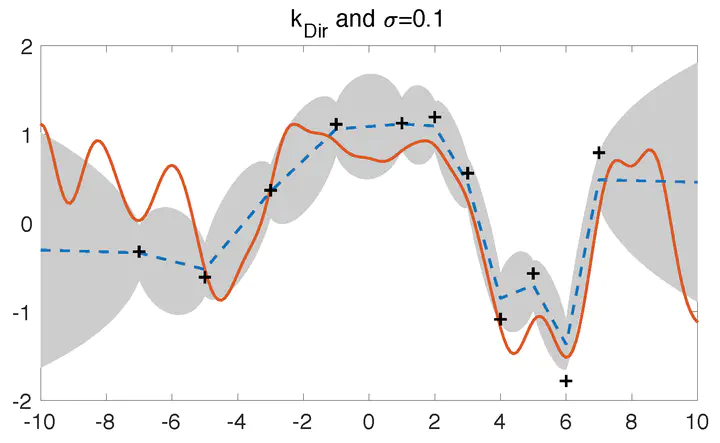Simulation Metamodeling

Simulation models are extensively used in a great variety of areas including health care, finance, manufacturing, logistics, supply chain management, telecommunication, etc. to facilitate related decision making processes. However, simulation models are usually computationally expensive to execute, which severely restricts the usefulness of simulation in settings such as real-time decision making and system optimization. Metamodeling is technique that has been actively developed in the simulation community, in order to alleviate the inefficiency issue. The basic idea is that the user executes the simulation model only at a small number of carefully selected ‘‘design points’’. A metamodel—a statistical model of the simulation model—can be built to approximate the true response surface by properly interpolating the simulation outputs. The response at other design points is then predicted by the metamodel without running simulation at all, thereby substantially reducing the computational costs. The metamodel can be used to efficiently search for the optimal values of the design variables, even in real time.